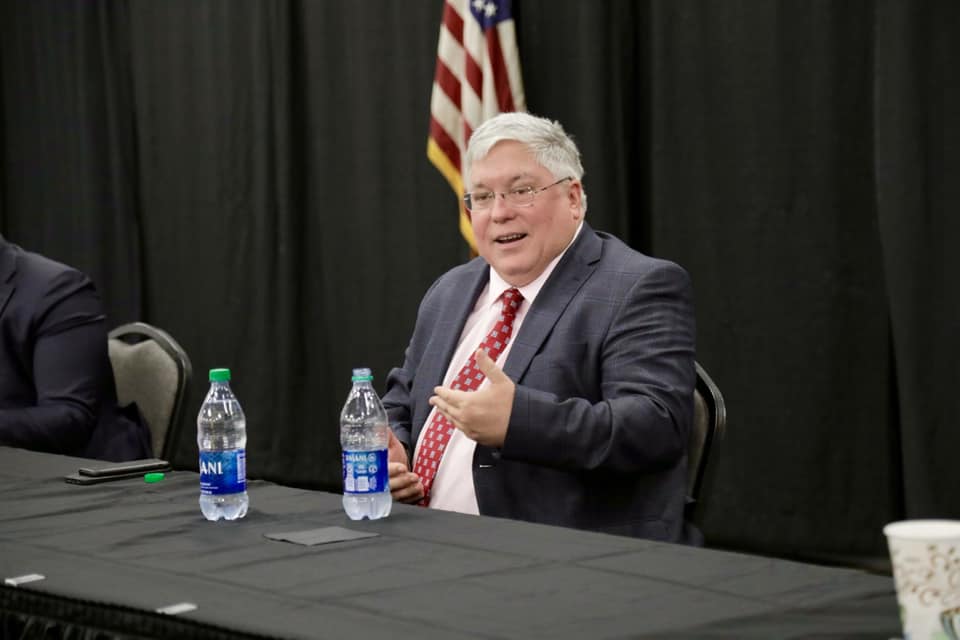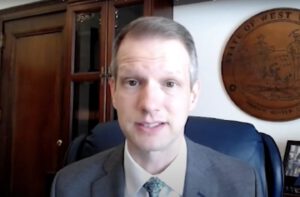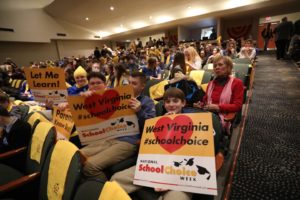Morrisey files WV Supreme Court brief in support of school voucher program
(The Center Square) – In the legal battle to expand school choice opportunities in West Virginia, Attorney General Patrick Morrisey filed a brief with the state Supreme Court to ask the program be…

(The Center Square) – In the legal battle to expand school choice opportunities in West Virginia, Attorney General Patrick Morrisey filed a brief with the state Supreme Court to ask the program be allowed to go into effect.
The attorney general is asking the Supreme Court to dissolve a preliminary injunction from a lower court preventing the state from implementing the Hope Scholarship school choice program. The brief requests the case then be sent back to the lower court for dismissal.
“Parents and children deserve the chance to enjoy the opportunities the Hope Scholarship Act offers,” Morrisey said in the brief.
The Hope Scholarship allows qualified students to receive money to attend private schools or cover homeschooling costs through publicly funded education savings accounts. The program diverts money away from the public school system that would have otherwise been used to pay for that child’s public school education. Parents in the program could receive up to $4,600 each year through the fund.
Before the Kanawha City Court blocking the program from going into effect, 3,146 children had already been approved to receive scholarship funding. With the program on hold, parents cannot access that money.
“The decision by a Kanawha Circuit Court judge is flawed in many ways and only does one thing: render harm to the thousands of families set to receive funds from the Act,” Morrisey said in the brief. “This is about the rights of those parents to choose the best possible education for their children, and the Act is a vehicle to make that happen.”
The law faced opposition from a group called Public Funds Public Schools, which sued the state on behalf of a few parents enrolled in the public school system. The group argued that the law, as it currently stands, violates the state constitution’s Education Clause. The group has said that because money is diverted away from public schools, the program does not provide a “thorough and efficient system of free schools,” which is required under the constitution.
A ruling from the Kanawha City Court agreed with that argument and ruled the act unconstitutional.
In his brief, Morrisey said the ruling “straightjacketed the Legislature on education matters, barring it from spending state funds on any educational initiative beyond traditional public schools.” He said the program does not take money out of the School Fund or take any money out of appropriations that are reserved for public education.
The Supreme Court approved an expedited hearing, which is scheduled for 11:30 a.m. on Oct. 4.



